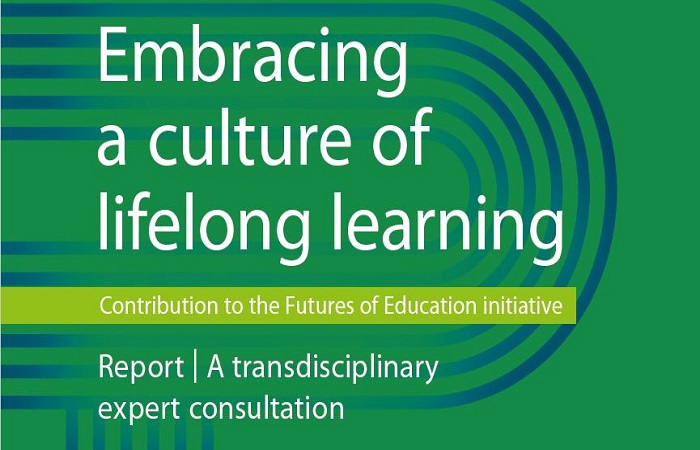Perspectives économiques en Afrique 2017
D’après les Perspectives, les entrepreneurs sont pour l’Afrique un atout essentiel mais largement inexploité. Dans les 18 pays africains pour lesquels des statistiques sont disponibles, les entrepreneurs qui ont créé leur entreprise afin d’exploiter des opportunités spécifiques représentent 11 % de la population en âge de travailler, une proportion supérieure à celle des pays en développement d’Amérique latine (8 %) et d’Asie (5 %). Ils sont toutefois peu nombreux à investir dans les secteurs à forte croissance, à croître suffisamment pour embaucher ou encore à introduire des innovations sur les marchés. Afin de transformer ce dynamisme en moteur de l’industrialisation, les gouvernements africains peuvent notamment viser à améliorer les compétences des travailleurs, l’efficience des regroupements d’entreprises –parcs industriels, zones économiques spéciales– et l’accès des petites et jeunes entreprises au financement, avec des prêts à des conditions abordables et des instruments de financement plus innovants.
Cette publication phare qui, tous les ans, passe au crible les 54 pays d’Afrique, est le fruit du travail conjoint de la banque africaine de développement (BAfD), le Centre de développement de l’Organisation de coopération et de développement économiques (OCDE) et le Programme des Nations Unies pour le développement (PNUD).




